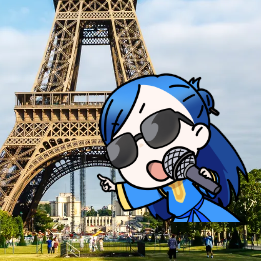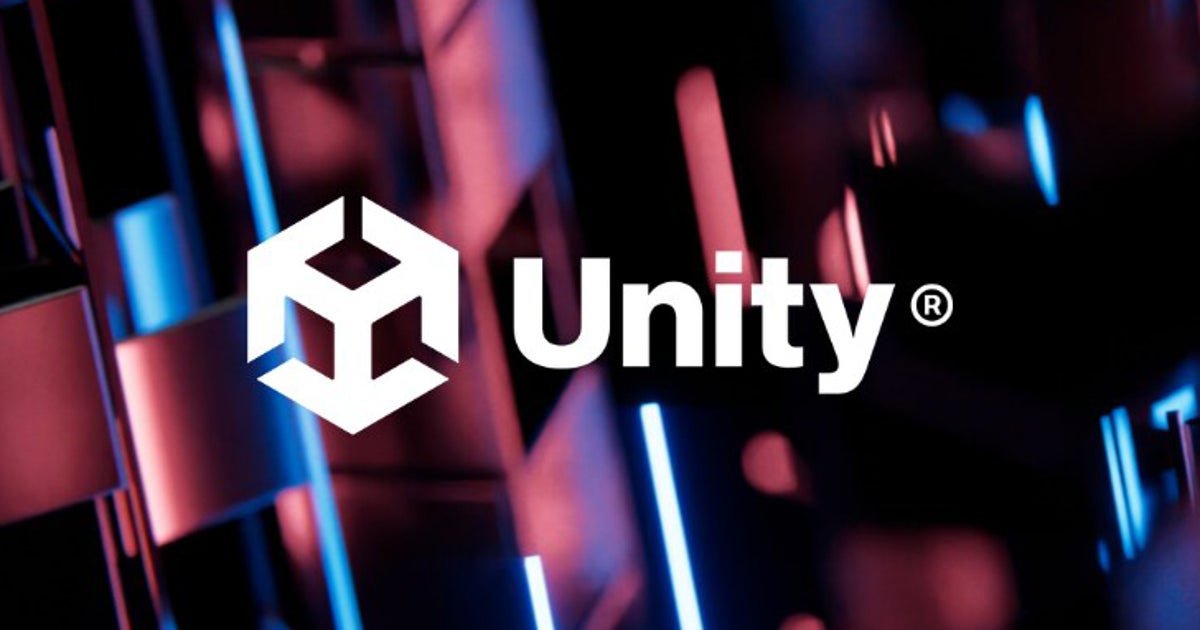cross-posted from: https://lemmy.ca/post/5555641
Developers of indie puzzle game Orgynizer have claimed that Unity said organisations like Planned Parenthood are “not valid charities” and are instead “political groups.”
In a blog post, the EU-based developer LizardFactory said the plans to charge developers up to $0.20 per install if they reach certain thresholds would cost them “around 30% of the funds we have gathered and already sent to charity.”
As Unity clarified the runtime fee will not apply to charity games, LizardFactory reached out to the company to clarify their game would be exempt from the plan.
However, Unity reportedly said their partners were not “valid charities” and were viewed as “political groups.”
Profits made from the game go directly to non-profit organisation Planned Parenthood and C.S. Mott Children’s Hospital, Michigan.
“We did this to raise money for a good cause, not to line the coffers of greedy scumbags,” the developers wrote in a blog post. “We have been solid Unity fanboys for over ten years, but the trust is scattered all over the floor.”
The developers are considering a move to open-source game engine Godot, “but we will have to recode our entire game because we refuse to give you a dime,” they wrote. “This is a mafia-style shakedown, nothing more, nothing less.”
Today, Unity responded to the ongoing backlash and apologised, acknowledging the “confusion and angst” surrounding the runtime fee policy.
The company has promised that changes to the policy will be shared in “a couple of days.”



Devs may as well bite the bullet & switch engines mid development now, because I’m not buying any new games made in Unity.
That’s a huge ask. As a former game dev, reading things like that would break me if I was one of the affected ones.
Remember the devs are people. You’re asking them to redo a lot of work with very little upside.
Imagine you’re a few years in and almost ready to release. I’d be in tears due to stress.
Well, there is an upside; they’ll no longer be beholden to Unity and their arbitrary fees.
I’m a game dev myself so I do understand you can’t simply “swap engines”, it’s a lot of work. But it’s likely less work than creating a game from scratch (disclaimer: not familiar with Unity or Godot in particular), and one must be careful not to fall for the sunk cost fallacy. If it takes an extra year to swap to Godot but as a result you get to keep 100% of your revenues (minus Steam’s cut of course, if you’re going that route) it may actually be worth it.
Not if that’s a year you don’t have income and can’t eat - then it’s not a choice at all.
If you’re doing this as a side job, and it’s extra income on the side, sure. But many small studios and indie devs do this as their primary income, and kicking their paycheck a year down the road is a non starter for many orgs. And with the demographics of unity devs, that’s probably more than norm than it is the exception.
I did say it may be worth it. Each team is going to be different.
Removed by mod
It seems more fair to say we shouldn’t buy Unity games a few years from now. Some games may be closer to completion, and they may have gone through years of development.